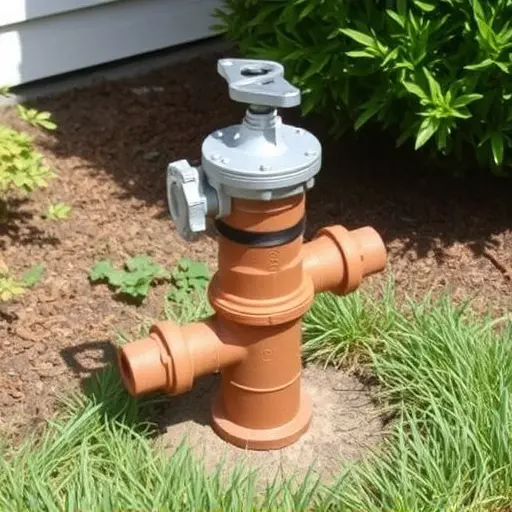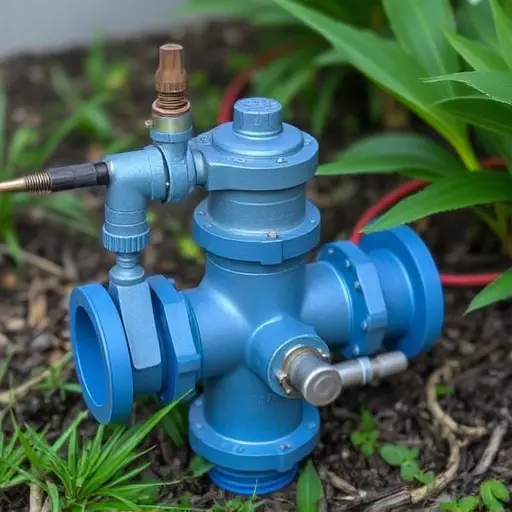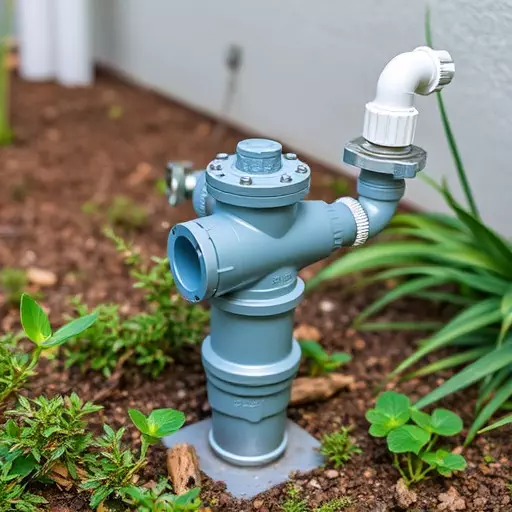Backflow preventers are essential for protecting water systems in Jacksonville, Florida, from contamination. Annual testing and certification by qualified professionals are mandatory for commercial installations to meet FDEP guidelines. Residential and irrigation systems also require regular attention to safeguard against chemical contaminants and maintain clean water supplies. Commercial settings often use advanced mechanisms like pressure-reducing valves, while residential systems typically rely on reduced pressure backflow preventers. Certified professionals in Jacksonville specialize in installing and maintaining these devices, ensuring safety, compliance, and longevity of plumbing systems for both commercial and residential irrigation needs.
Backflow preventers play a crucial role in safeguarding water quality by stopping contaminated water from flowing back into potable supply lines. This article guides you through the essential aspects of backflow preventer testing and certification, highlighting its significance in both commercial and residential settings. We explore different types suitable for irrigation systems and emphasize the importance of hiring certified professionals for installation and maintenance, especially when considering commercial backflow preventer installation Jacksonville or residential backflow preventer installation.
- Understanding Backflow Preventer Testing and Certification Requirements
- The Role of Backflow Preventers in Commercial and Residential Settings
- Types of Backflow Preventers for Irrigation Systems
- Hiring Certified Professionals for Backflow Preventer Installation and Maintenance
Understanding Backflow Preventer Testing and Certification Requirements
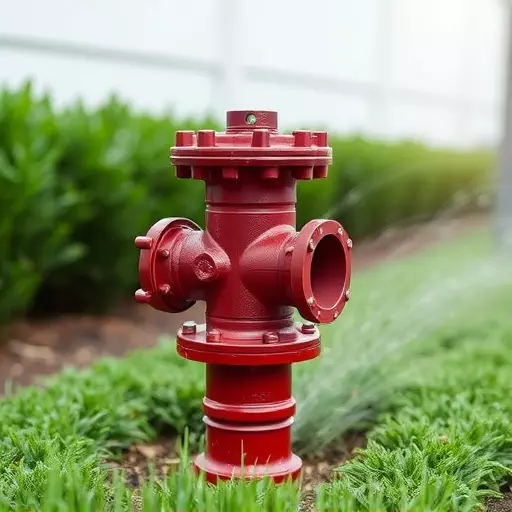
Backflow preventer testing and certification are essential components of any commercial or residential backflow preventer installation in Jacksonville. These requirements ensure that water systems remain safe and protected against potential contamination. For commercial installations, it’s crucial to comply with local regulations and industry standards, such as those set by the Florida Department of Environmental Protection (FDEP). This often involves routine testing every year to verify the integrity and functionality of backflow preventers, which act as a barrier to stop any possible backward flow of water containing harmful substances into potable water sources.
Residential and irrigation backflow preventer installations also demand meticulous attention to detail and adherence to safety protocols. Homeowners and property managers should understand that these devices are critical in protecting their water supplies from contaminants like pesticides, herbicides, and other chemicals used in nearby agricultural or industrial settings. Regular certification and testing by qualified professionals ensure that backflow preventers function as intended, safeguarding both residential and irrigation systems from potential health risks associated with contaminated water.
The Role of Backflow Preventers in Commercial and Residential Settings
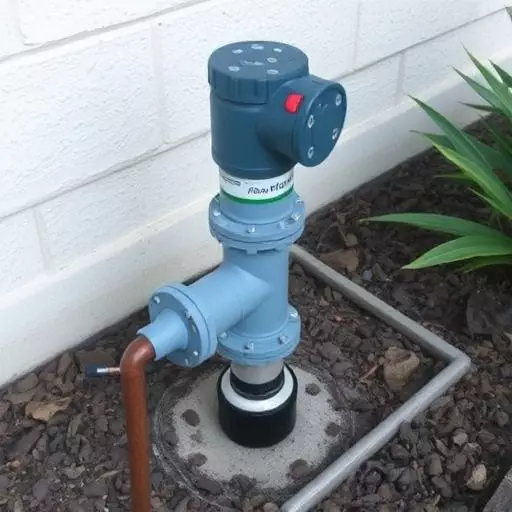
Backflow preventers play a vital role in safeguarding water supply systems in both commercial and residential settings. These devices are critical components of any irrigation or plumbing system, designed to stop backflow—the potential reversal of flow that can introduce contaminants into potable water sources. In commercial backflow preventer installation Jacksonville professionals ensure that large-scale systems remain secure, protecting not just the health of building occupants but also the integrity of the city’s water supply.
Similarly, residential backflow preventer installation is essential for homes with private wells or irrigation systems. An irrigation backflow preventer installation, for instance, prevents any potential pollutants from entering the main water supply, ensuring clean and safe drinking water. This measure is particularly crucial in areas where agricultural activities or certain types of landscaping could introduce harmful substances into the groundwater.
Types of Backflow Preventers for Irrigation Systems
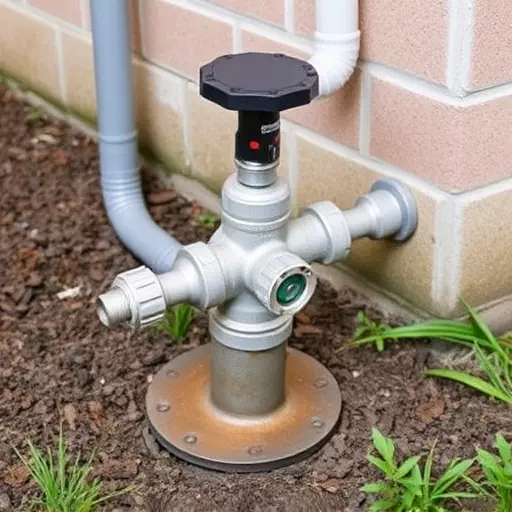
Backflow preventers are essential components in both commercial and residential irrigation systems, designed to safeguard water supplies by stopping contaminated water from flowing back into potable water sources. There are several types available for different applications. For instance, reduced pressure backflow preventers (RPBP) are commonly used in domestic settings due to their simple design and effectiveness in preventing backflow without the need for power. These devices maintain a constant pressure difference between the supply and return sides, ensuring that any potential contaminants cannot flow backward.
In contrast, commercial backflow preventer installations in Jacksonville often require more sophisticated mechanisms like pressure-reducing valves (PRVs) or check valves with backup power. These are vital for larger systems to handle higher pressures and provide an extra layer of protection against backflow incidents. The choice depends on the specific needs of the irrigation system, be it residential or commercial, ensuring that water quality is maintained and potential hazards are averted.
Hiring Certified Professionals for Backflow Preventer Installation and Maintenance

When it comes to backflow preventer installation and maintenance, especially in commercial or residential settings, hiring certified professionals is paramount. In Jacksonville or any other location, specialized technicians are equipped to handle complex irrigation backflow preventer installations, ensuring safety and compliance with local regulations. Their expertise includes identifying suitable backflow devices for specific systems, accurately sizing them, and installing them according to industry standards.
Moreover, regular maintenance by these professionals is crucial to guarantee the reliable operation of backflow preventers. They can perform testing, identify potential issues, and make necessary adjustments to maintain optimal performance. This proactive approach not only safeguards against water contamination but also extends the lifespan of your plumbing systems, whether in a commercial setting with bustling activity or a residential area with diverse irrigation needs.
